From Tirana to Shkodra, a once-overlooked sport is capturing the nation’s attention.
What was once a niche interest in Albania is now rapidly gaining momentum: Mixed Martial Arts — or MMA — is captivating a new generation of athletes and drawing ever-larger crowds to local arenas and online streams. Between lingering stereotypes and growing professionalism, a movement is taking shape — one that’s redefining Albania’s combat sports culture with discipline, ambition, and international ambition.
The Rise of a Former Underdog
For years, MMA had virtually no presence in Albania. Boxing and wrestling were the dominant combat sports, backed by a proud Olympic tradition. But as the UFC exploded globally — and figures like Conor McGregor and Khabib Nurmagomedov became household names — MMA began making inroads in Albanian cities like Tirana, Durrës, and Elbasan.
“MMA was a myth for us at first. Now, kids are training in BJJ, Muay Thai, and wrestling regularly — with the clear goal of becoming professional fighters,” says Erion Lika, founder of Tirana’s first dedicated MMA gym, now boasting over 150 active members.
Building a Structure
A national league, governing body, or official regulations are still missing — but private organizers are stepping in to fill the void. Events like the Albanian Fighting Championship and Balkan Cage Wars now attract fighters from Kosovo, North Macedonia, and Greece. The Balkans are fast becoming a regional MMA hotspot.
The Albanian diaspora plays a crucial role as well. Names like Ilir Latifi (Swedish-Albanian UFC veteran) and Gëzim Kuci (a rising fighter in Germany) inspire young athletes back home. “We see ourselves as a bridge between Albania and the global MMA scene,” says Kuci, who regularly returns to host workshops in his hometown.
Fighting for Recognition
Despite the sport’s growth, MMA in Albania still struggles for societal and institutional recognition. Many still associate it with street fighting or raw violence. But modern MMA is a regulated sport with clear rules, medical oversight, and a culture of respect and discipline.
“It’s not brutality, it’s precision. Not chaos, but control,” says coach Valbona Hoxha, one of the first women in the Albanian scene. She now runs her own gym in Durrës, with a special focus on youth training — including young girls.
Looking Ahead
The future looks bright: Albania has deep athletic potential, a young and passionate scene, and growing public interest. What’s still lacking is structural support from the government, sponsors, and mainstream media.
But perhaps that’s part of the appeal — a sport that has to fight for its place, step by step, round by round.
MMA in Albania – Quick Facts:
- Over 20 registered MMA gyms nationwide
- Around 300 active amateur and professional fighters
- Strong ties to diaspora fighters across Europe and the U.S.
- Local event viewership is steadily increasing
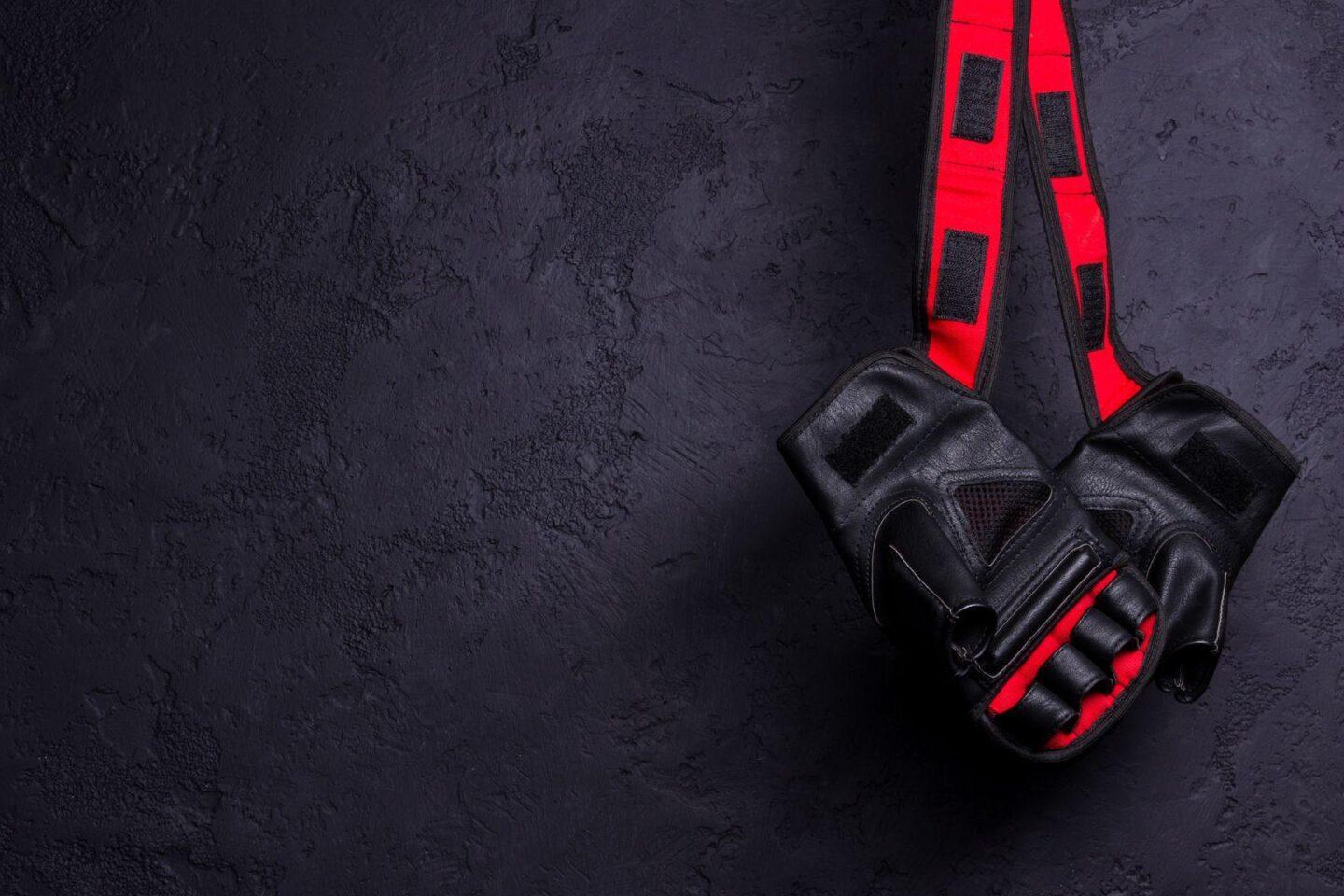

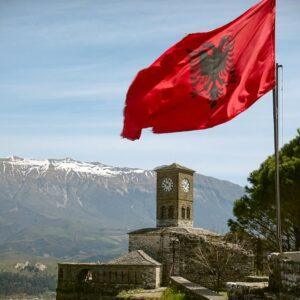


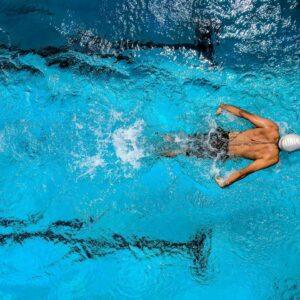
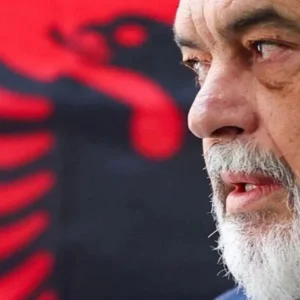
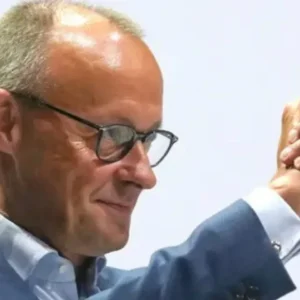

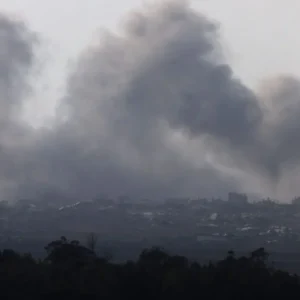
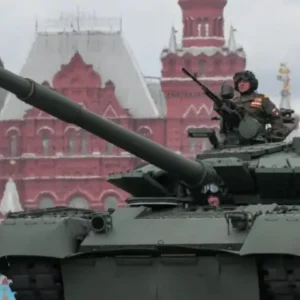
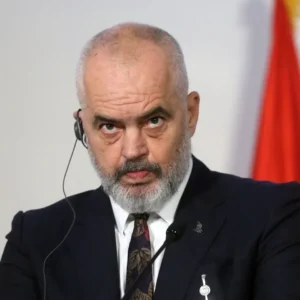
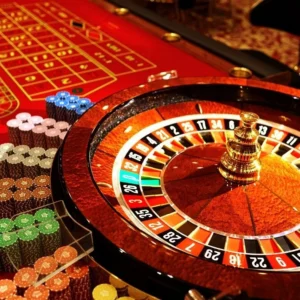
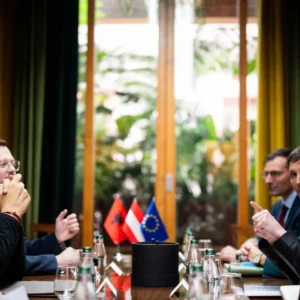
Recent Comments